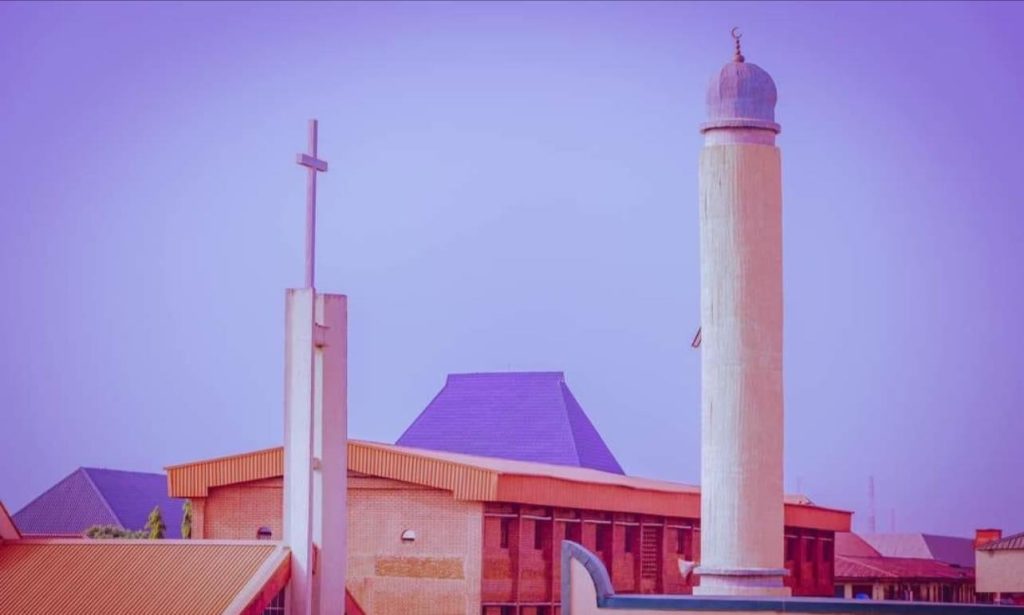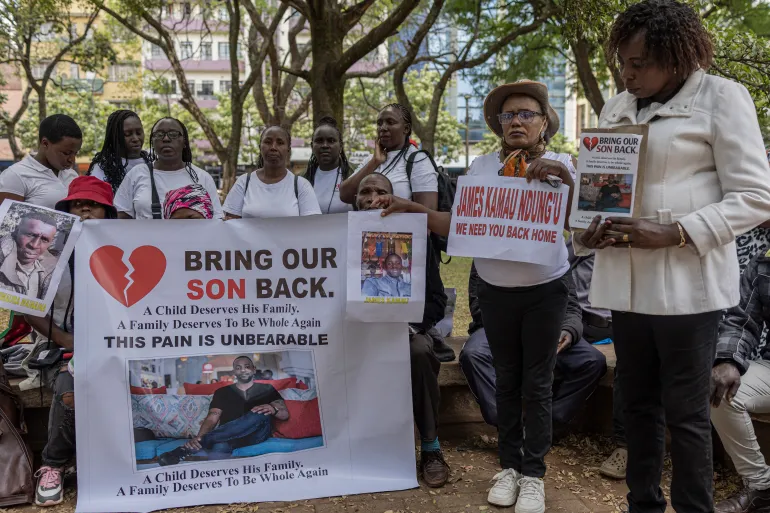Religion shapes not only the moral fabric of West African societies but also their economic and political landscapes. In countries like Nigeria and Ghana, religious institutions have grown into powerful economic entities with businesses ranging from real estate to educational institutions and media networks. These organizations often enjoy tax exemptions, creating a unique dynamic where faith-based enterprises thrive alongside commercial ones.
Religious groups also wield significant influence over political decisions. During election campaigns, political candidates frequently seek endorsements from key religious figures to gain public favor. These alliances can be beneficial, but they also risk complicating governance by placing religious leaders in positions of undue political influence. Additionally, religious organizations are sometimes used as vehicles for money laundering or political fundraising, raising concerns about transparency.
Governments must tread carefully when navigating the relationship between religion and business, balancing religious freedom with the need for accountability. Strengthening financial oversight and ensuring that religious organizations comply with business regulations will promote fairness and reduce opportunities for corruption. Encouraging greater separation between religious activities and political ambitions is essential for fostering democratic governance and sustainable development.























